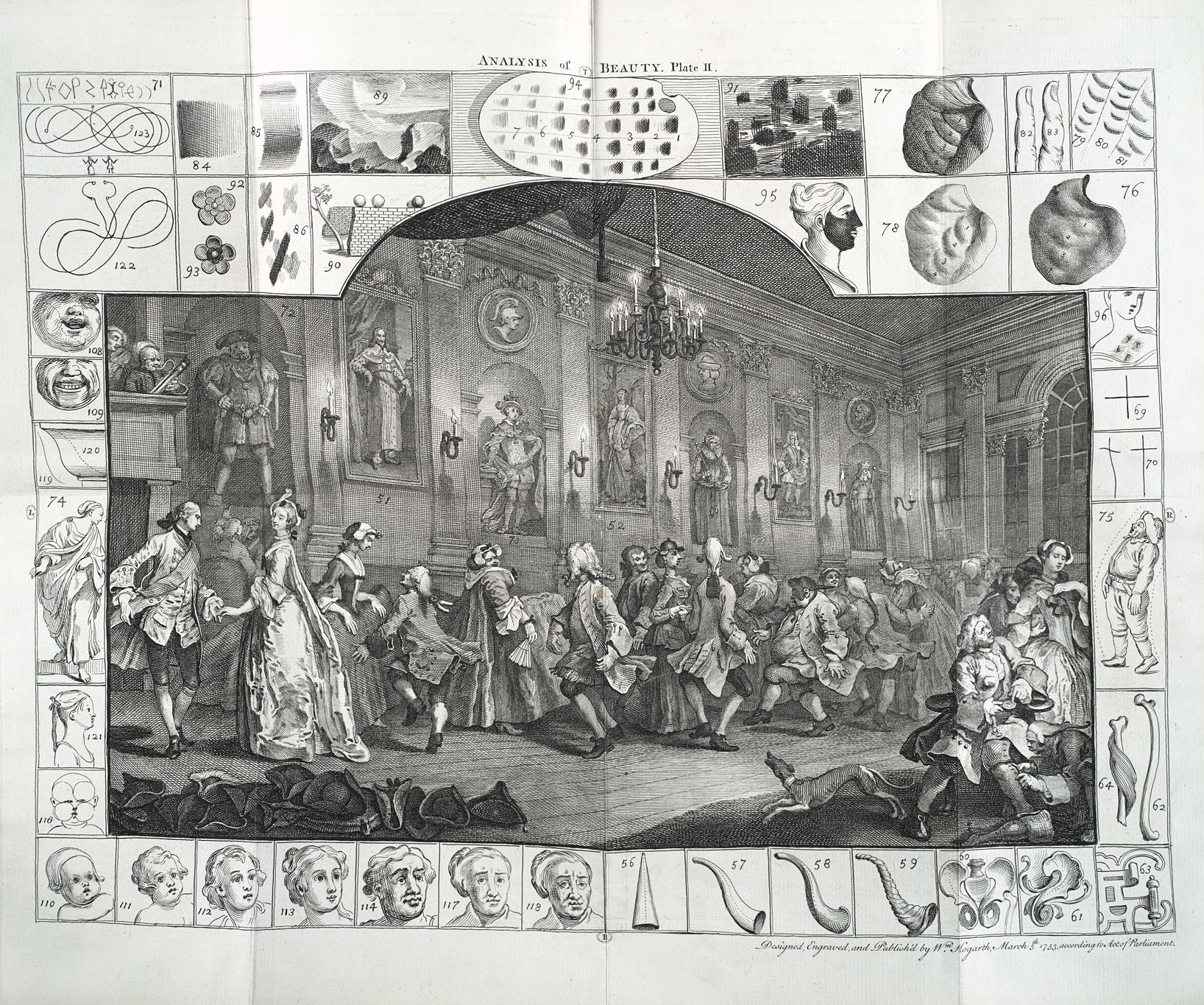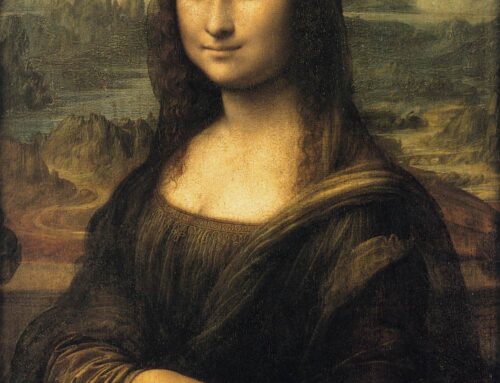Love, beauty, and the quest for wisdom: how we might proceed, by degrees, to knowing what is right and true.
“‘Who then, Diotima,’ I asked, ‘are the followers of wisdom, if they are neither the wise nor the ignorant?’
“‘Why, a child could tell by this time,’ she answered, ‘that they are the intermediate sort, and amongst these also is Love. For wisdom has to do with the fairest things, and Love is a love directed to what is fair; so that Love must needs be a friend of wisdom, and, as such, must be between wise and ignorant….
“‘Beginning from obvious beauties [the seekers of wisdom] must for the sake of that highest beauty be ever climbing aloft, as on the rungs of a ladder, from one to two, and from two to all beautiful bodies; from personal beauty he proceeds to beautiful observances, from observance to beautiful learning, and from learning at last to that particular study which is concerned with the beautiful itself and that alone; so that in the end [they] come[] to know the very essence of beauty. In that state of life above all others, my dear Socrates,’ said the Mantinean woman, ‘[they] find[] it truly worth while to live, as [they] contemplate[] essential beauty….
“‘But tell me, what would happen if one of you had the fortune to look upon essential beauty entire, pure and unalloyed; not infected with the flesh and color of humanity, and ever so much more of mortal trash? What if he could behold the divine beauty itself, in its unique form? Do you call it a pitiful life for a man to lead—looking that way, observing that vision by the proper means, and having it ever with him? Do but consider,’ she said, ‘that there only will it befall him, as he sees the beautiful through that which makes it visible, to breed not illusions but true examples of virtue, since his contact is not with illusion but with truth. So when he has begotten a true virtue and has reared it up he is destined to win the friendship of Heaven; he, above all men, is immortal.’”
Plato, Symposium, trans. H. Fowler









Leave A Comment